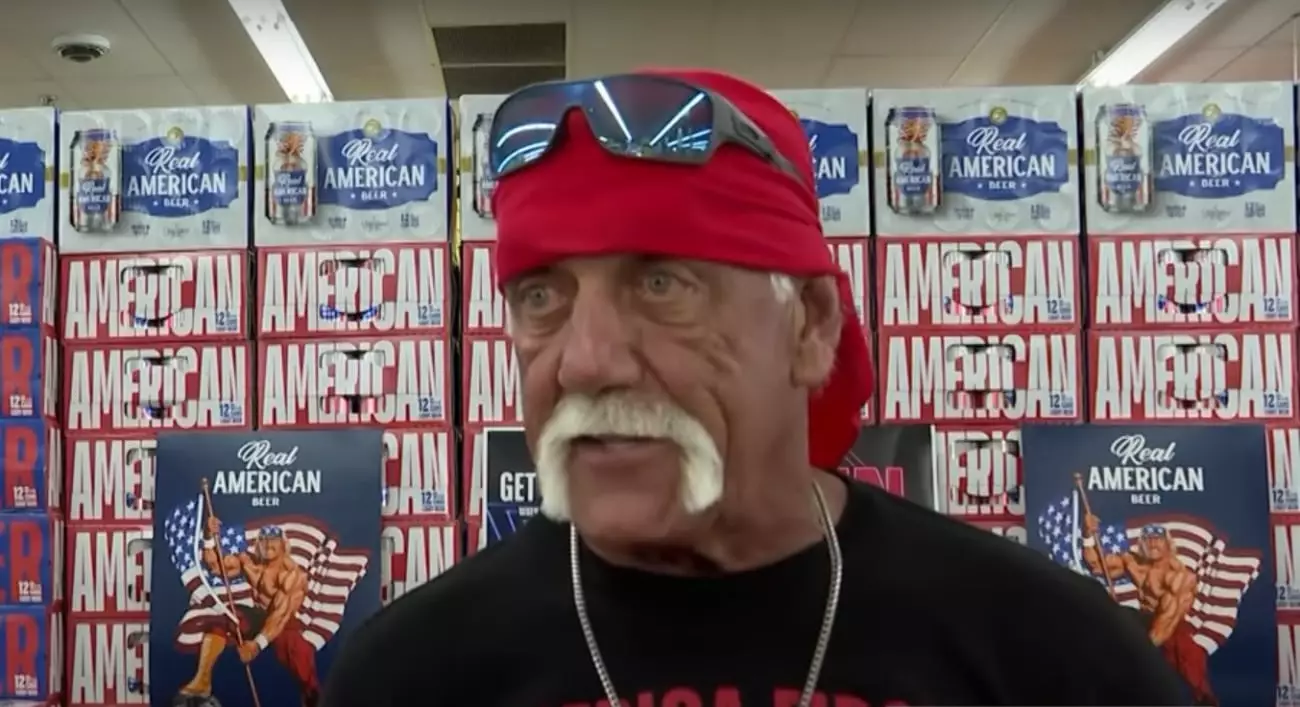Hulk Hogan, born Terry Gene Bollea, was more than just a professional wrestler; he was an extraordinary entertainer who left an indelible mark on popular culture. Despite not being a boxer, Hogan’s participation in the boxing-themed movie “Rocky III” as Thunderlips introduced him to audiences beyond the wrestling ring, blurring lines between different combat sports icons. His portrayal wasn’t just a cameo but an infusion of his larger-than-life persona into Hollywood, embodying the flamboyance, strength, and bravado that fans adored. Hogan’s influence extended far beyond the squared circle, shaping perceptions of masculinity and entertainment for decades.
A Symbol of Charitable Spirit and Personal Complexity
While Hogan’s career was built on his wrestling prowess and entertainment charisma, his personal life was complex and multifaceted. Known for his magnetic personality, he often appeared as a gentle giant outside the ring—generous, giving, and committed to charitable causes. Despite criticisms and controversies that surrounded him at various points, the outpouring of tributes following his untimely passing underscores the affection and admiration he commanded. His death from cardiac arrest at age 71 signifies the end of an era, but it also prompts reflection on his lasting impact on fans across the globe.
The Irony of Opportunities Missed
Hogan’s story is dotted with moments of missed opportunity that might haunt him in his later years. The famous example is his refusal to acquire rights to George Foreman’s “Lean, Mean, Grilling Machine,” a decision that has been widely regarded as a missed business opportunity. Foreman’s subsequent success with the product turned it into a household name and a multibillion-dollar franchise. The irony is palpable: a man with such charisma and business acumen could have secured additional avenues of influence and wealth had he embraced such ventures.
More than an Athlete: A Cultural Archetype
Though Hogan may not have been a boxer, his significance to the fight community and entertainment industry is undeniable. His larger-than-life persona embodied a sense of resilience, bravado, and showmanship that resonates with fans. His career spanned wrestling, television, and movies, making him a true multimedia icon. The affection expressed by fellow celebrities, like Sylvester Stallone, speaks volumes about the cultural footprint Hogan left behind. His passing is not just a loss for wrestling fans but for anyone who appreciates the power of entertainment to inspire and unite.
A Lasting Impact on Fight and Popular Culture
In the end, Hulk Hogan’s legacy is not merely measured by titles or championship belts but by the way he shaped the collective imagination of generations. His persona—part hero, part entertainer—transcended sport, elevating wrestling into a spectacle that commands worldwide attention. As fans reflect on his life and influence, it’s clear that Hogan fostered a culture of larger-than-life heroes who inspire countless individuals beyond the ring or screen. His death marks the closing chapter on a defining figure of modern pop culture, but his spirit and influence will endure for years to come.

